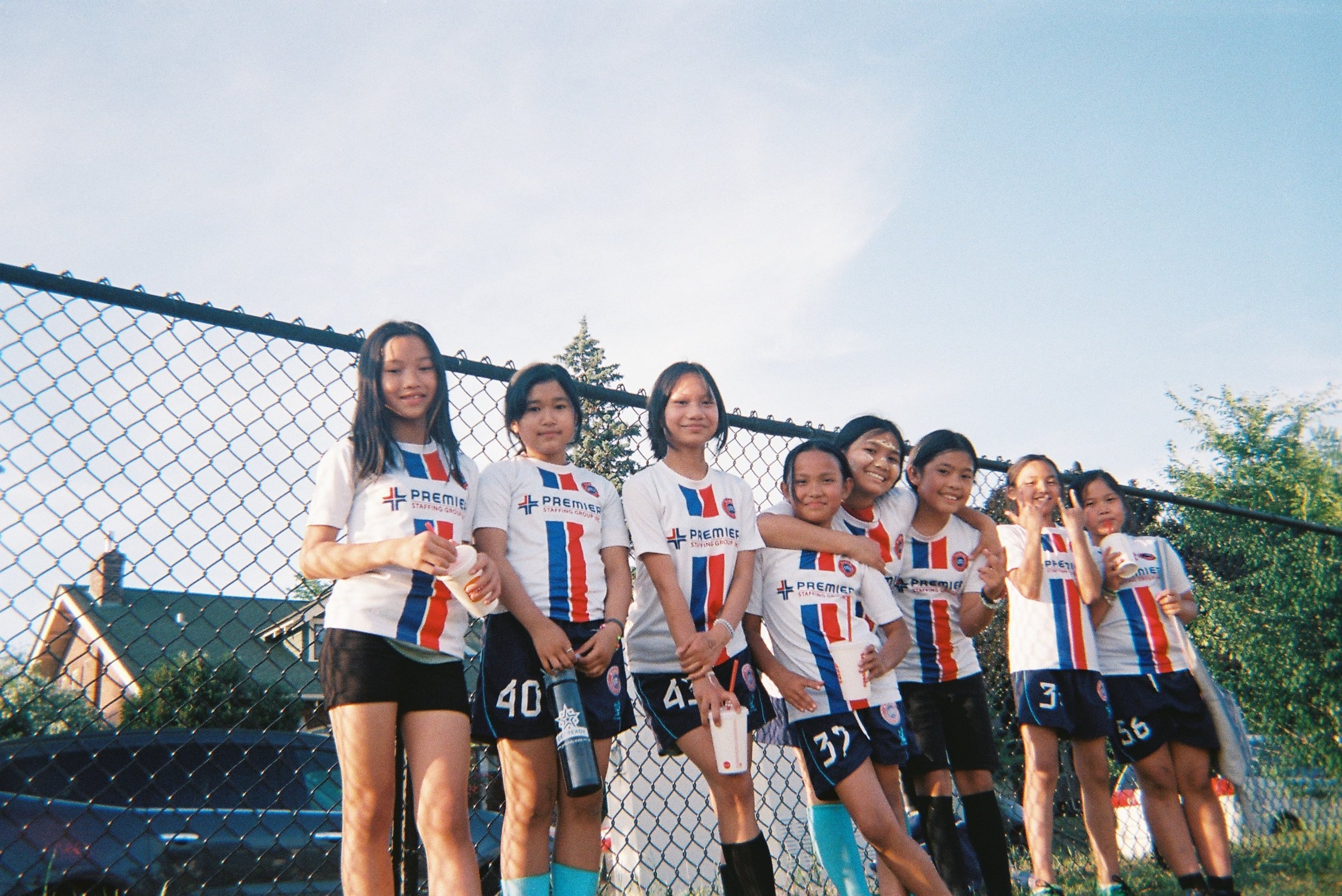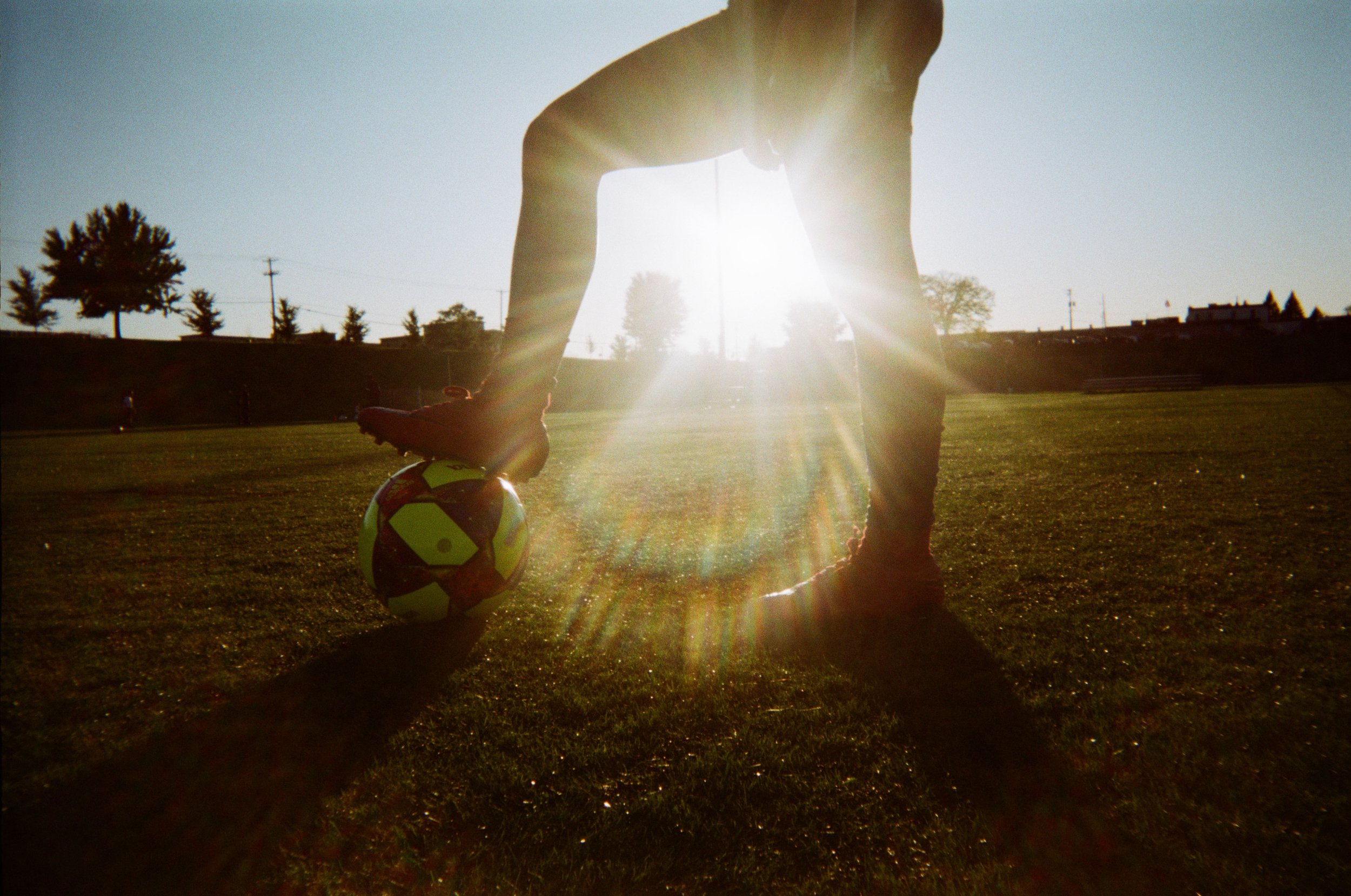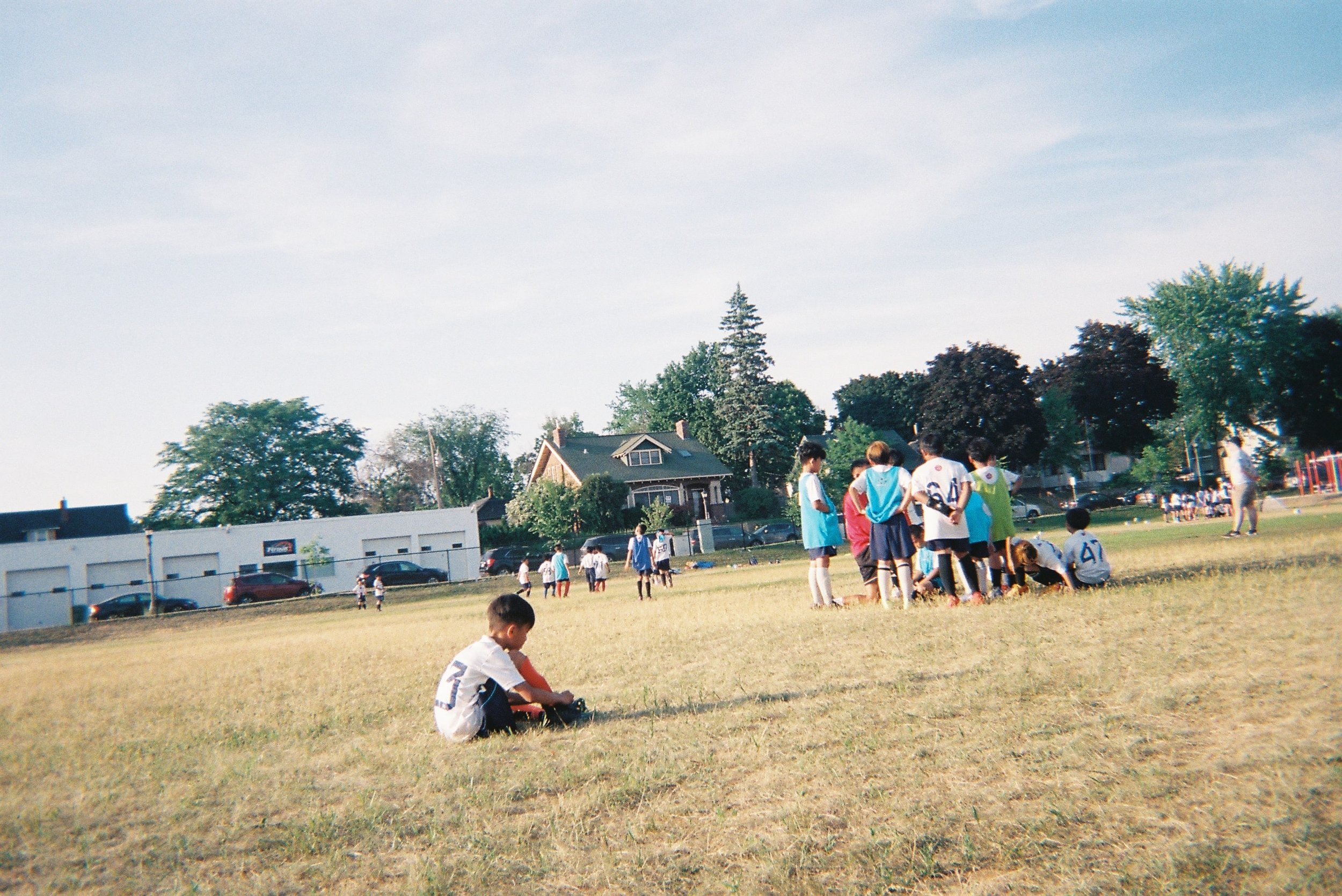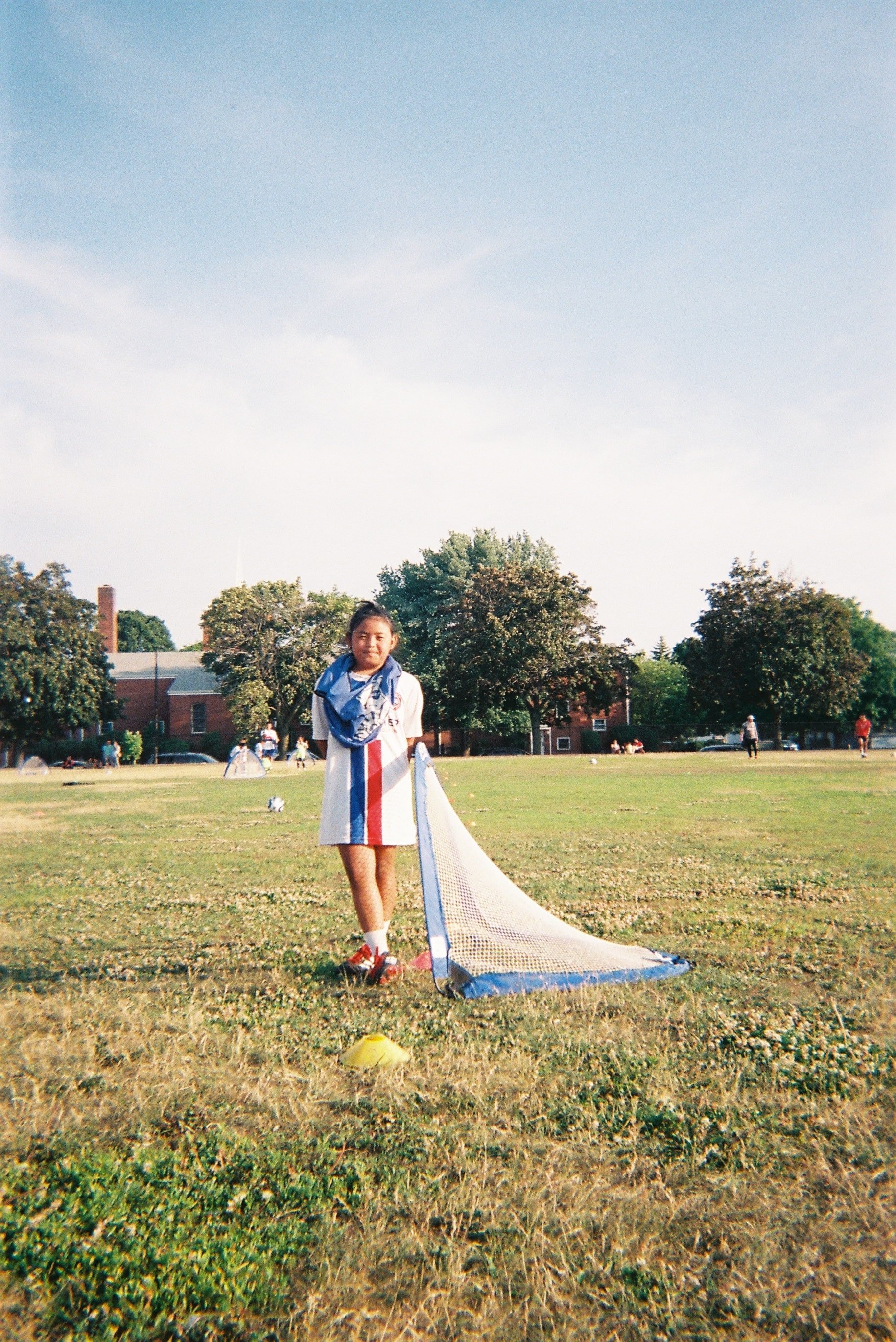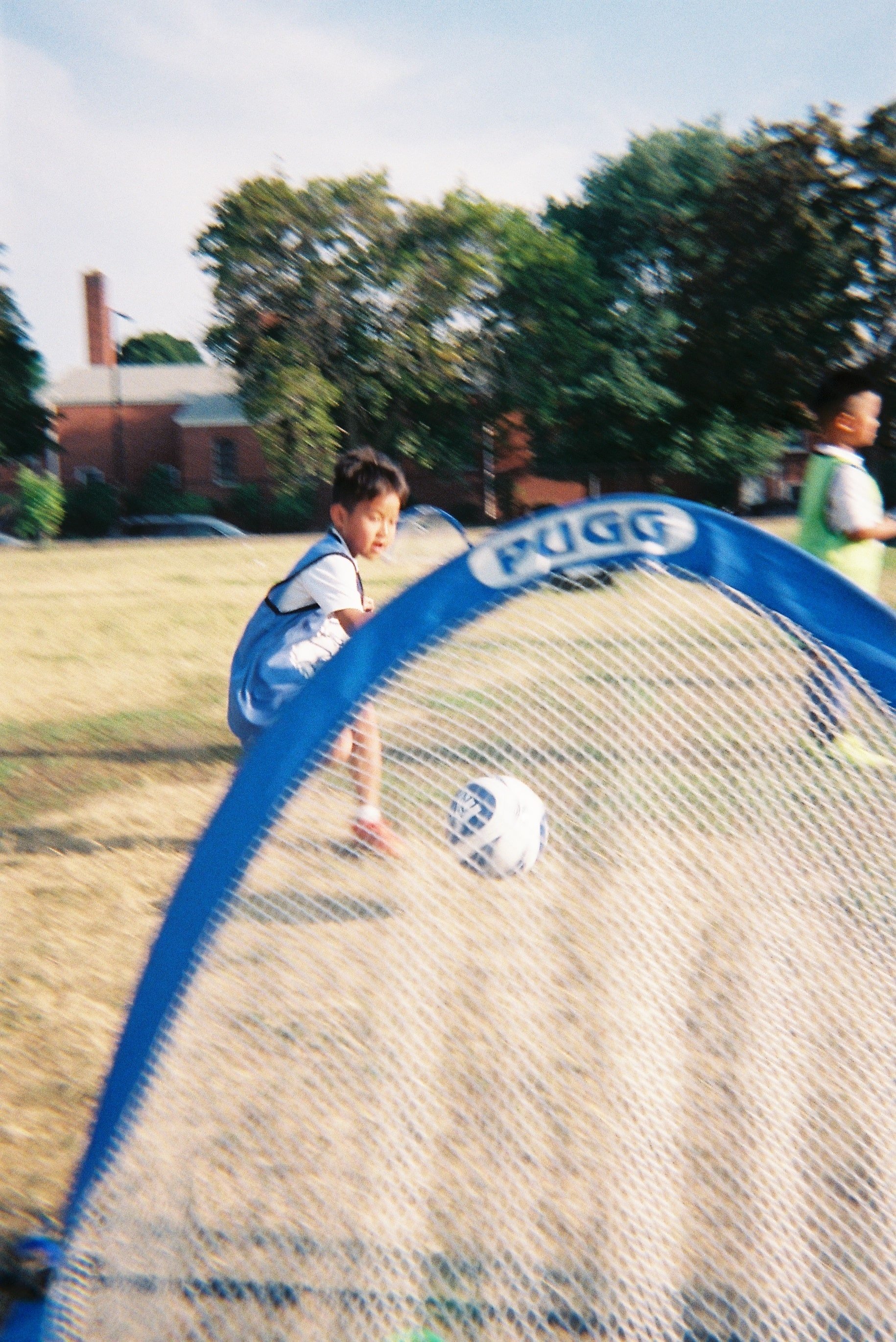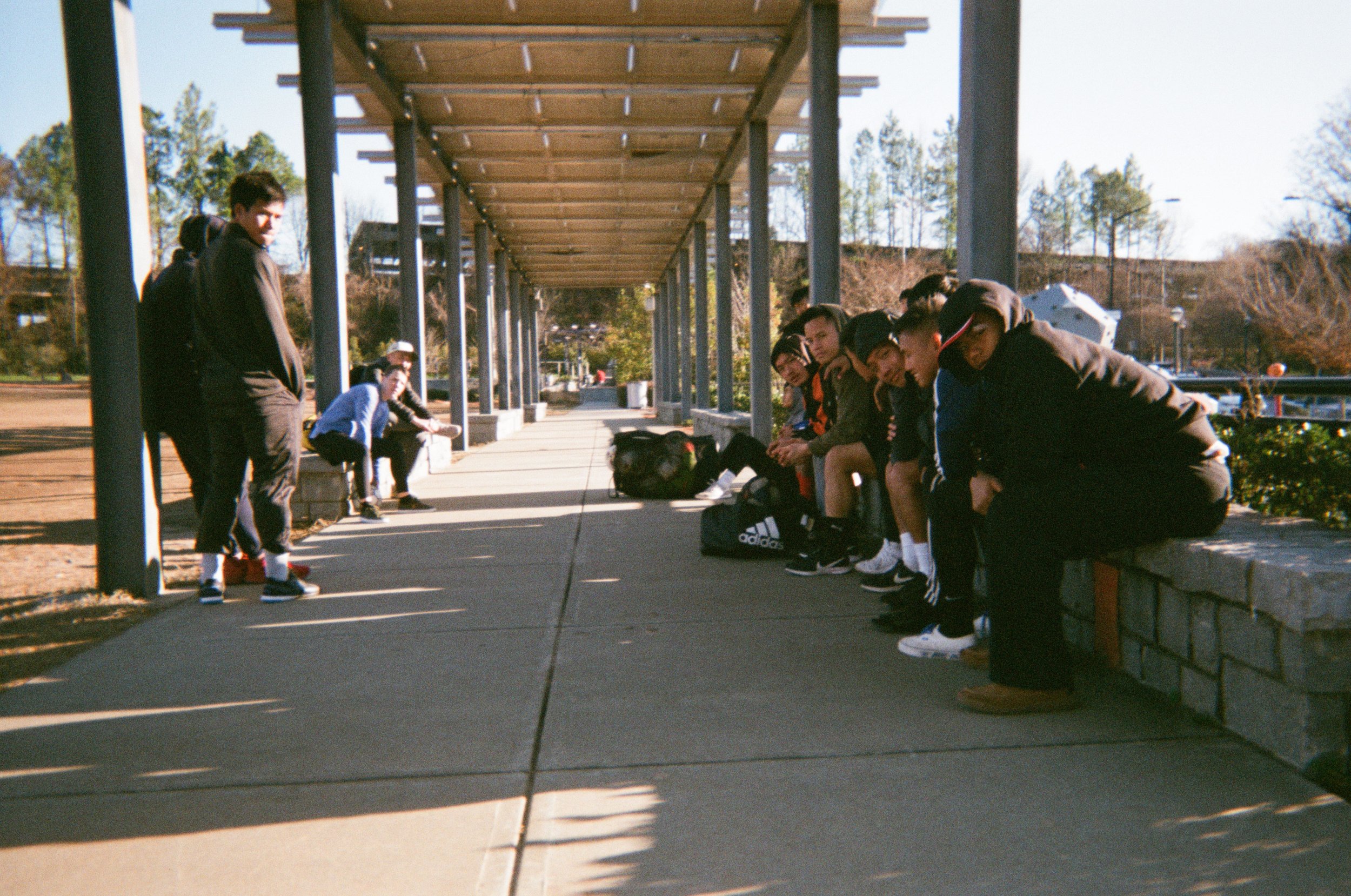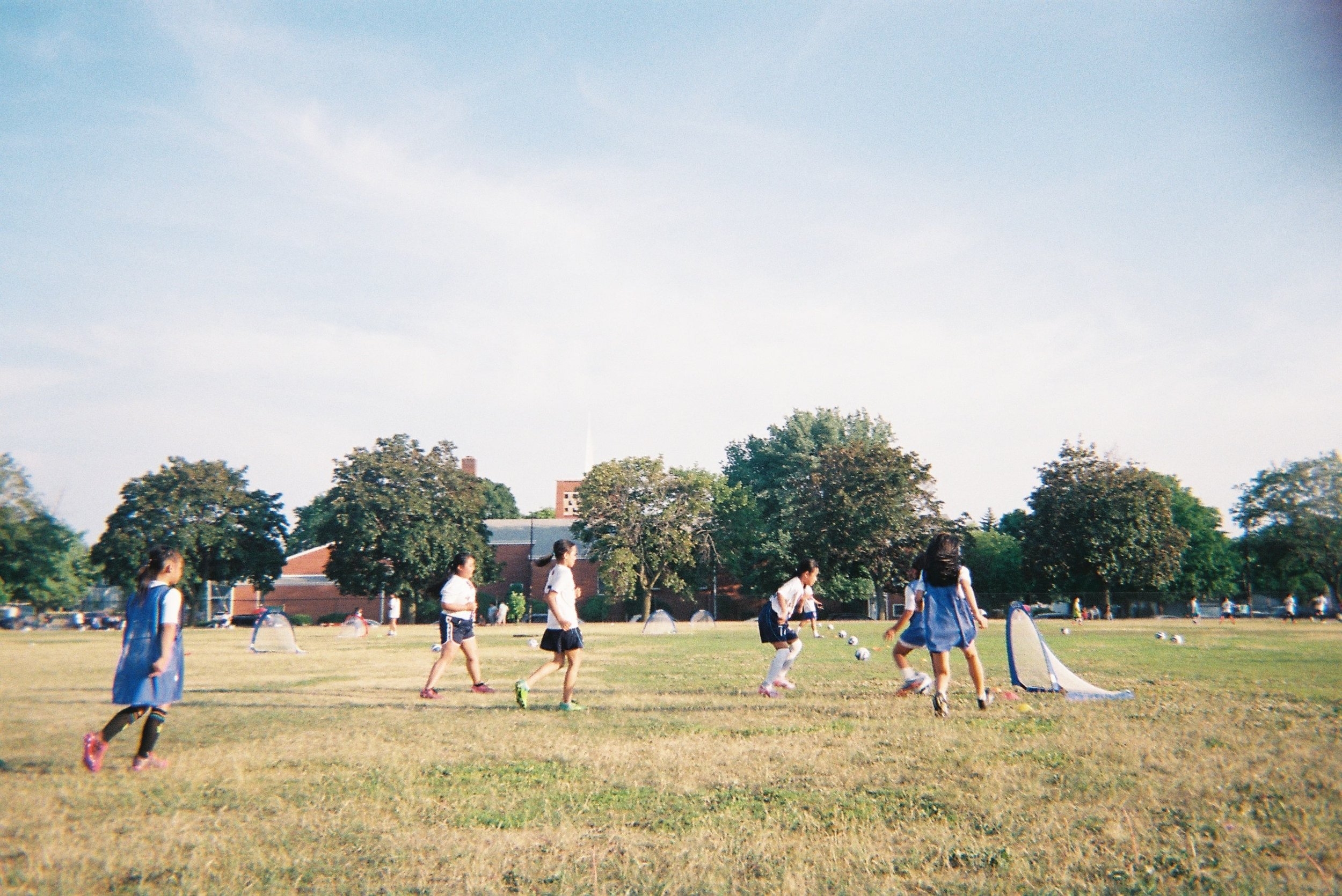K’Nyaw Culture & KFA
Lay Lay, USA
Lay Lay is a member of the Karen Football Association (KFA) based in Saint Paul, Minnesota, USA. She is Secretary of the Board of Directors, and has played a big role in developing the organization’s Youth Academy, College Showcase Tournaments, and their first Women’s National Team Camp.
The KFA was established in 2019 to provide a platform for talented athletes in the Karen community through the National Team structure, all while promoting gender equity. Since then the organization has created a Youth Academy to support children aged 4-11 and hosted their inaugural College Showcase Tournament in 2023, concentrating on underserved communities and athletes who typically would not have access to the US Youth Soccer System.
My name is Lay Lay, and I am a part of the Karen Football Association (KFA), working as Secretary of the Board of Directors. Karen is the Anglicized pronunciation or term for K’Nyaw, which we call ourselves. You can occasionally catch me playing soccer or futsal for fun with my friends or in weekend leagues. Other than that, many other young women and I try to create spaces for Karen girls to be involved with soccer.
I have been surrounded by soccer all my life. It is a part of the culture. Dads, brothers, cousins, uncles, and friends, the sport is played all over. It is transferred generationally. I was that shy introverted kid who did not get involved with soccer until my sophomore year of high school. It took me a while to play soccer. That generational culture transfer could have skipped my generation but thank god it did not. When I reflect on this, I do not think it could have been possible to skip my generation. Soccer is literally embedded into our culture.
Can you tell us about your family’s journey to the USA?
The Karen people do not have a country. Or in other words, we do not have all the elements and factors that must be met to be considered a country. If you define a country in a different way, then maybe we do. We have a Karen State in the country of Myanmar, we have a flag, and the governmental presence of the Karen National Union, but no country. In the Southeast Asian region, you can find a majority of Karen people in Myanmar and Thailand. Many still live in refugee camps due to ethnic persecution from the military dictatorship in Myanmar.
For me, I did not have a choice. I was three years old when my parents decided to leave. My mother was three months pregnant with me when she had to flee her village from the Tatmadaw (Myanmar military). She found refuge in Tham Hin camp in Thailand where I was born. There are a multitude of stories about the Karen diaspora, and why people left, but we all share a common reason: for a better life.
What did you try to show with the photos? Was there any wider meaning with the photos?
I took the photos on a sunny humid day in Saint Paul, Minnesota. They are showing our youth academy athletes. Our youth academy training space is located at a middle school field on the East Side of the city. You can see that the grass is not green. It probably became dry and brown due to all our training.
I wanted to show the joy of playing the sport, especially in the summertime. Living in Minnesota, the weather between November and April limits many of us from playing on the grass and even turf. Being in the sun and active in the fresh air was a good release from being cooped up in a gymnasium during the winter months. Along with the joy and fun that comes with soccer, I wanted to also display an element of focus, discipline, and teaching.
My favorite photo is the one with a youth academy girl smiling for the camera. Without context, you could say it is a relatively simple photo. An athlete posing for the camera. But you will notice that on her face, there is a yellow/white-ish paste on her nose, cheeks and forehead. You might be curious and ask why she has that on her face? And I can tell you that it is “thanaka”, a paste made from tree bark. The thanaka on her face gives a clue about what region of the world she is from, and eventually which ethnic group in Myanmar she belongs to: the Karen.
Why is football and the Karen FA important to you and your community?
I don’t want to sound cliché, but it brings the community closer together. The diaspora is huge. You have Karen people living in Australia, Europe, and many other countries. Here in the United States, you have Karen communities from the East Coast to the West Coast, and soccer has that ability to connect Karen people to each other.
During the warmer months, many states host tournaments, and you can find Karen people from all over the country traveling to these tournaments. Even more, when we get to connect with our community and people with similar roots, it creates a sense of belonging and unity.
Personally, I think soccer is great for the community’s physical and mental health, but I want to elaborate on the idea of the sense of belonging. In recent years, there has been an increasing rate of youth in the juvenile justice system. Many youths are involved with violence, gangs, substance abuse, and withdrawal from school. This has negatively and fatally affected our communities. This is why I think soccer is so important to our community. It is a positive medium to create a sense of belonging for youth.
At the moment, I am trying to learn the ropes of working for a non-profit. Without sounding over-sentimental, the KFA has played a huge role in my life. KFA has the ability to shift the trajectory of my career. I am so glad we exist.
What ambitions do you have for the future?
I have so many ambitions. One of my ambitions for KFA is to expand the youth academy program.
It would really be nice to have a KFA facility with gymnasiums and soccer fields. I would also love to grow the girls’ academy so that we can give girls an opportunity to start playing at a young age. Being located in Minnesota limits us to only Minnesota residents, so in the near future I would like the KFA to expand to other states.
What are the opportunities for women and girls to play in your community?
The opportunities for women and girls exist. However, we need to increase support. Right now, as I am observing the patterns of women and girls who play soccer in the Karen community, I can see that we need to create more spaces and opportunities for Karen girls to begin playing at a younger age.
Historically, girls play at the high school level, a few play in local soccer clubs, and very few play collegiately. There are also opportunities to play semi-professionally, and that is great, but there are many fiscal barriers that prevent access to these “opportunities”. This is why KFA is trying to create spaces and exposure for girls to be involved with soccer. This support is what these young women need to continue to higher levels of football.


